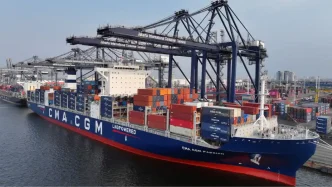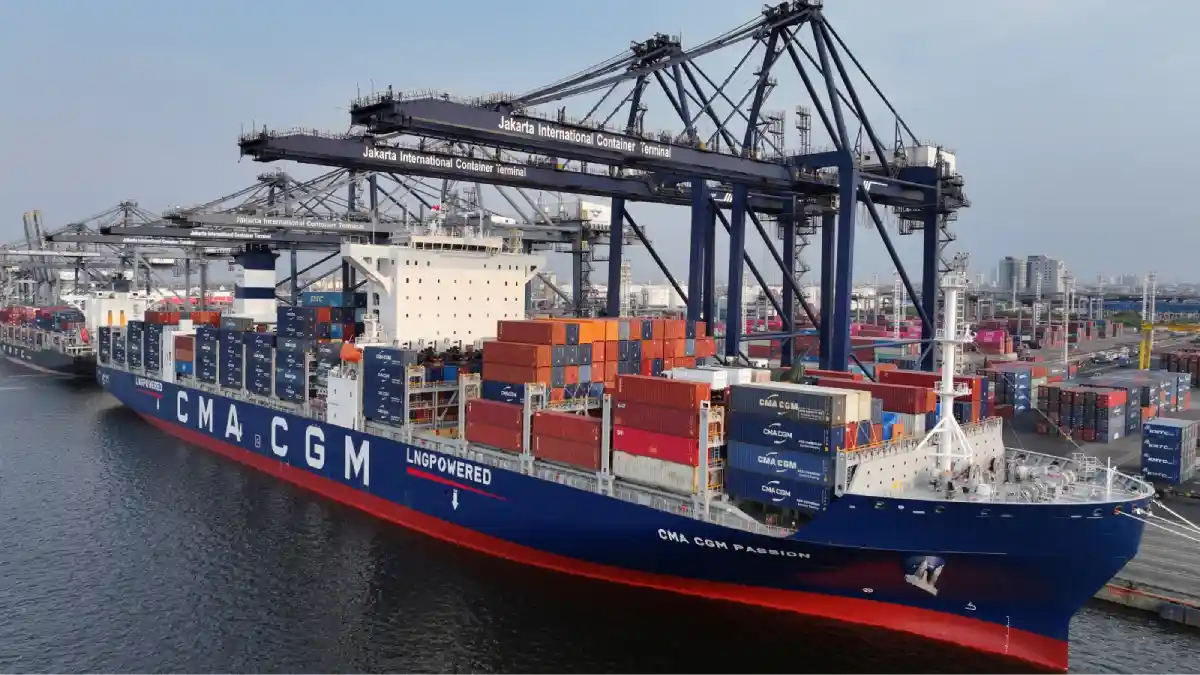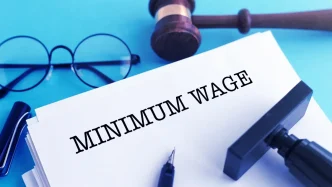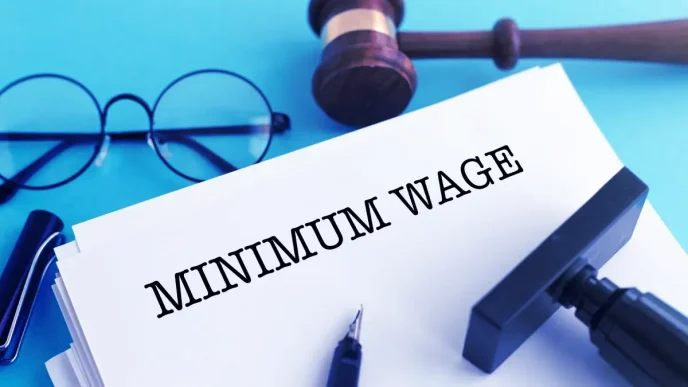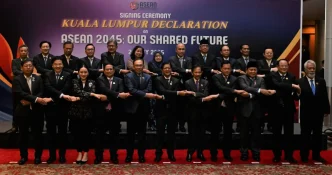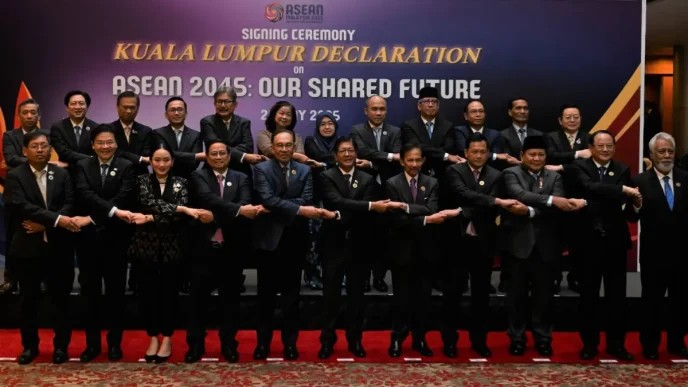Indonesia has welcomed a significant reduction in trade tariffs with the United States, with the rate slashed to 19 percent, the lowest offered to any Southeast Asian nation. Announced on July 15, 2025, by US President Donald Trump, the deal marks a pivotal moment for Jakarta as it navigates complex economic relationships with global superpowers. Yet, beneath the celebratory rhetoric, analysts warn of potential challenges as Indonesia balances its nonaligned stance with new obligations to Washington, risking tension with other key partners.
A Strategic Win with Strings Attached
The agreement, finalized ahead of Trump’s August 1, 2025, deadline for his reciprocal tariff policy, comes after what Indonesian negotiators called an “extraordinary struggle” to secure favorable terms. The 19-percent tariff, down from a previously threatened 32 percent, is seen as a boost for Indonesia’s labor-intensive industries. The Office of the Coordinating Economic Minister described it as a huge win and a strategic achievement in a statement earlier this month, emphasizing the potential for increased market access and economic growth.
However, the deal imposes significant commitments on Indonesia. As part of the agreement, Jakarta has pledged to purchase US$15 billion in oil and gas, US$4.5 billion in agricultural products, and 50 Boeing jets. Additionally, Indonesia must dismantle nontariff barriers, including import restrictions, licensing requirements for US remanufactured goods, and local content mandates, easing access for American companies. President Prabowo Subianto has expressed optimism, affirming his commitment to a new era of mutual benefit between two great nations in a public address following the announcement.
While the government celebrates the lowered tariff, the scale of these obligations raises questions about Indonesia’s fiscal capacity to meet them. The mandatory purchases, particularly of Boeing aircraft, could position the US as a dominant supplier, potentially sidelining competitors like France’s Airbus, a long-standing partner in Indonesia’s aviation sector. This shift could have ripple effects on Jakarta’s efforts to maintain diverse economic partnerships.
Geopolitical Repercussions and Nonalignment Challenges
Indonesia’s ambition to remain less reliant on volatile superpowers is now under scrutiny. The country has historically pursued a nonaligned foreign policy, seeking to balance ties with multiple global players. However, the new trade obligations to the US could complicate this stance. Dandy Rafitrandi, an economist at the Centre for Strategic and International Studies (CSIS), highlighted the geopolitical weight of the deal, noting its non-optional nature and broader consequences in an interview with a local outlet on July 31, 2025. He pointed out that while the European Union took a decade to secure a zero-tariff agreement with Indonesia through the Indonesia-EU Comprehensive Economic Partnership Agreement (IEU-CEPA) finalized earlier this month, the US achieved significant concessions in mere weeks.
Rafitrandi also raised concerns about the relaxation of local content requirements for US imports, predicting that other trade partners may demand similar privileges. “Our other trade partners will also want the same perk, and it will be a challenge for Indonesia to keep everyone happy” he added. This sentiment underscores the delicate tightrope Jakarta must walk to avoid alienating key allies while fulfilling its commitments to Washington.
International relations expert Ahmad Rizky M. Umar of Aberystwyth University echoed these concerns, suggesting that the deal could make Indonesia more dependent on the US. “Indonesia has no choice but to buy these goods, which may cost more” he said, pointing to the potential economic burden. He also noted that the agreement appears counterproductive to Jakarta’s recent efforts to diversify its trade relationships, particularly through initiatives like the IEU-CEPA, which aims to broaden market access with European nations.
A Broader Global Context
Indonesia’s trade negotiations with the US are part of a larger wave of global agreements prompted by Trump’s reciprocal tariff policy. Countries including the European Union, the United Kingdom, Japan, and Vietnam have finalized their own deals in recent weeks, each navigating the pressures of Washington’s unilateral trade stance. For Indonesia, the urgency to secure a favorable tariff rate came against the backdrop of intensified diplomatic efforts. Since Trump’s initial tariff announcement in April 2025, President Prabowo has visited at least 14 countries across the Middle East, Southeast Asia, and Europe, a move observers interpret as an attempt to strengthen alternative economic partnerships amid uncertainty with the US.
Yet, as Indonesia deepens its trade reliance on the US, these alternative partnerships could face strain. The obligation to prioritize American goods may limit Jakarta’s flexibility to engage with other suppliers, particularly in sectors like agriculture and aviation, where longstanding ties with other nations exist. The deal’s provisions, while economically advantageous in the short term, position Washington as a clear beneficiary, potentially at the expense of Indonesia’s broader diversification goals.
Domestic Implications and Economic Realities
Beyond the geopolitical arena, the trade agreement has domestic implications for Indonesia. The commitment to purchase billions in American goods comes at a time when fiscal space is already constrained. Analysts question how Jakarta will finance these purchases without diverting resources from critical domestic priorities, such as infrastructure development and social programs. The removal of nontariff barriers, while facilitating US imports, could also impact local industries that have relied on protective measures to remain competitive.
For Indonesia’s labor-intensive sectors, such as textiles and manufacturing, the lowered tariff offers a pathway to increased exports to the US, a key market. However, the benefits may be offset by the costs of meeting the deal’s conditions. Small and medium enterprises, which form the backbone of Indonesia’s economy, may struggle to adapt to the influx of American goods if local content requirements are no longer enforced. This dynamic could exacerbate existing economic disparities, particularly in regions outside major urban centers like Jakarta and Java.
Moreover, the focus on US imports could influence consumer prices. If American goods, which may be more expensive as Umar suggested, flood the market, Indonesian consumers could face higher costs for essential products. This potential outcome contrasts with the government’s narrative of mutual benefit, highlighting the need for careful policy implementation to mitigate adverse effects on the public.
Looking Ahead: A Test of Diplomatic Agility
As Indonesia moves forward with the US trade deal, its ability to manage competing international relationships will be tested. The agreement, while a milestone in bilateral ties with Washington, underscores the broader challenges of maintaining economic sovereignty in an era of intensifying global trade tensions. Jakarta’s nonaligned stance, a cornerstone of its foreign policy, faces new pressures as it grapples with the realities of economic interdependence.
The coming months will reveal whether Indonesia can fulfill its commitments to the US without compromising partnerships elsewhere. The government’s optimistic tone belies the complex negotiations likely to unfold with other trade partners seeking similar concessions. For now, the lowered tariff represents both an opportunity and a challenge—a chance to bolster economic ties with a major power, but at the risk of unsettling the delicate balance of Indonesia’s global economic strategy.
As reforms and obligations under the deal take shape, their long-term impact on Indonesia’s economy and geopolitical standing remains uncertain. How Jakarta navigates this intricate web of alliances and commitments will shape not only its future with the US but also its role on the world stage.

